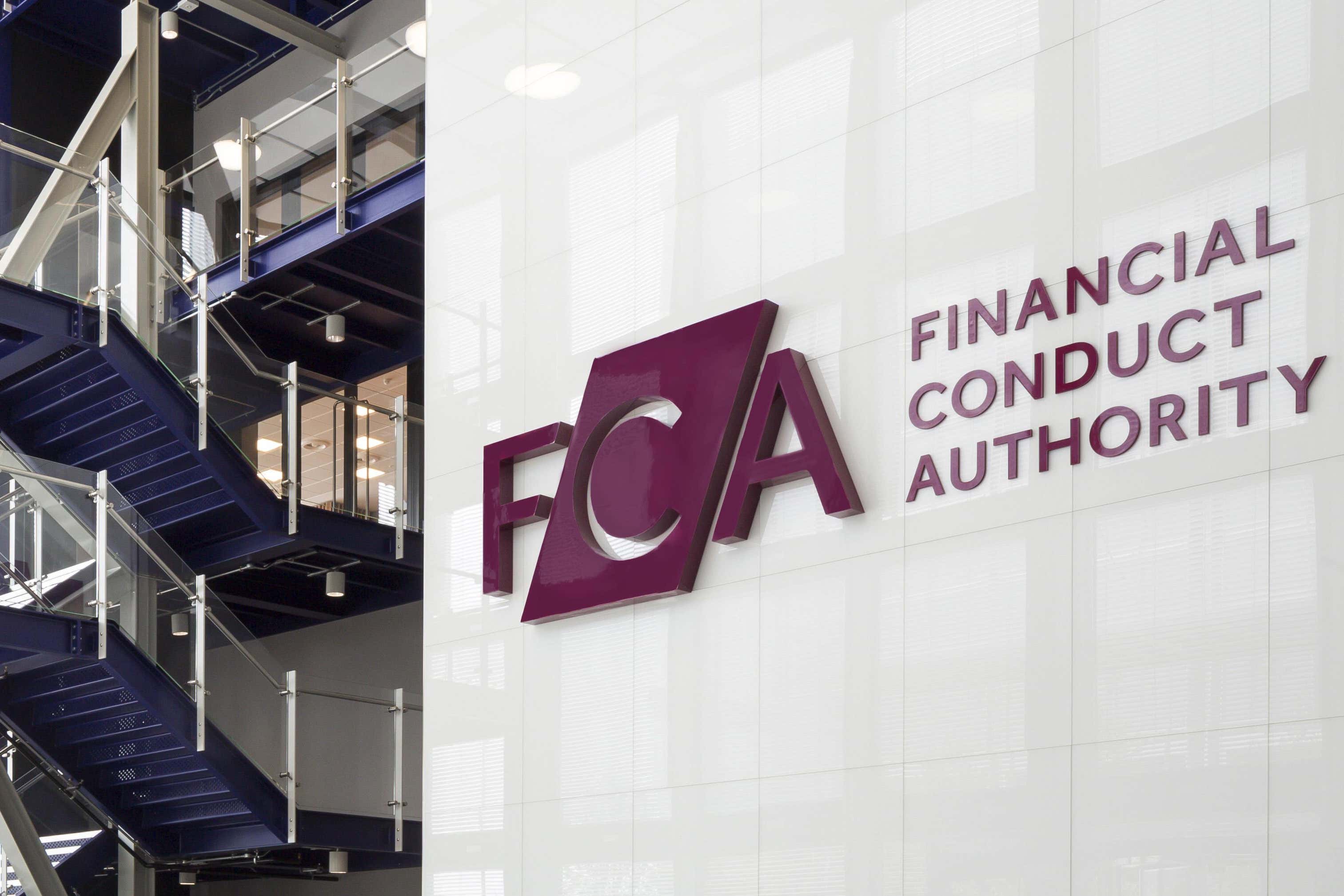Head of financial watchdog defends performance after critical report from MPs
Financial Conduct Authority chief executive Nikhil Rathi has defended the organisation after the report by MPs and peers.

Your support helps us to tell the story
From reproductive rights to climate change to Big Tech, The Independent is on the ground when the story is developing. Whether it's investigating the financials of Elon Musk's pro-Trump PAC or producing our latest documentary, 'The A Word', which shines a light on the American women fighting for reproductive rights, we know how important it is to parse out the facts from the messaging.
At such a critical moment in US history, we need reporters on the ground. Your donation allows us to keep sending journalists to speak to both sides of the story.
The Independent is trusted by Americans across the entire political spectrum. And unlike many other quality news outlets, we choose not to lock Americans out of our reporting and analysis with paywalls. We believe quality journalism should be available to everyone, paid for by those who can afford it.
Your support makes all the difference.The chief executive of the UK’s financial watchdog has defended the organisation against criticism from a group of MPs and peers.
A cross-party parliamentary group, comprising 30 MPs and 14 peers, presented a report on the Financial Conduct Authority (FCA) to Parliament on Tuesday.
It condemned the FCA as “incompetent” and “dishonest” and warned the body needs an urgent overhaul.
We will always stay focused on improving our operational performance, but I don't think it would be fair to characterise the position as nothing has happened
But chief executive Nikhil Rathi defended the FCA, saying it was dealing with “record numbers of financial crime prosecutions” and had become one of the world’s “most evolved consumer protection regimes”.
Speaking to BBC Radio 4’s Money Box programme, he said: “We will always stay focused on improving our operational performance, but I don’t think it would be fair to characterise the position as nothing has happened.”
He said the balance of promoting growth, including changes to allow more companies to list in the UK, and consumer protection “requires a debate”.
“That does mean that over time a few more things will go wrong, but the risk appetite in the economy needed to adjust to support the growth that the economy needs.”
Mr Rathi said the FCA, whose job is to regulate the conduct of around 42,000 financial businesses in the UK, published more data and was subjected to Parliamentary scrutiny more than “any other regulator in the world”.
The report drew from the testimony of 175 individuals including former employees, scam victims and whistleblowers.
“The picture painted is not pretty,” it concluded.
“The FCA is seen as incompetent at best, dishonest at worst. Its actions are slow and inadequate, its leaders opaque and unaccountable.”
The evidence gathered suggests that the watchdog is “not fit for purpose”, with issues “rooted in the way the organisation is being led, conflicts of interest and the culture that the successive leadership teams have created”, the report read.
The report outlined a number of suggested reforms including the introduction of a supervisory council to assess the authority’s effectiveness, changes to funding, a “no tolerance” policy for lack of integrity and changes to the way senior leadership is appointed.
It concluded that urgent action needs to be taken to address the concerns, or there is a risk that “stakeholders’ patience is exhausted” and discussions will shift from reforming to replacing the organisation entirely.